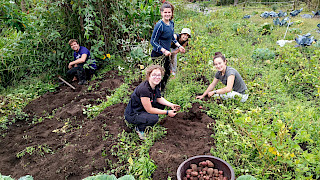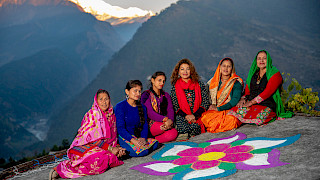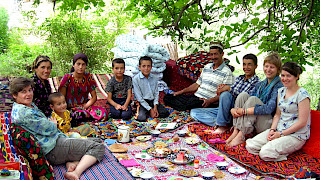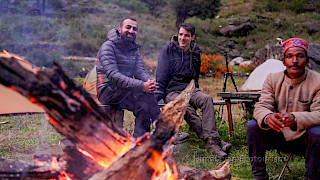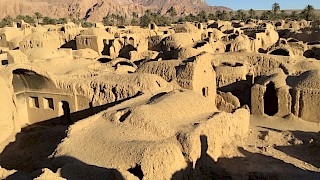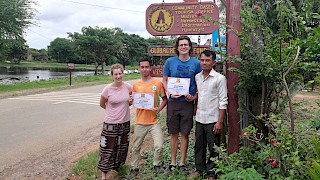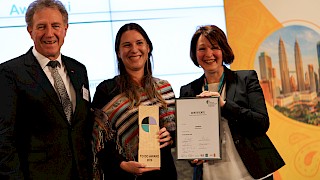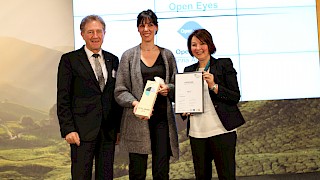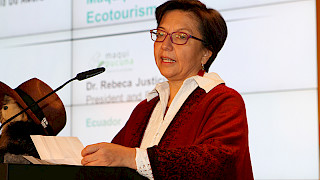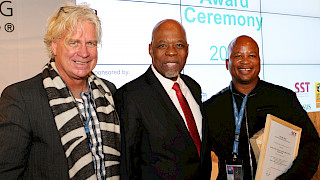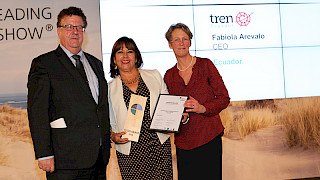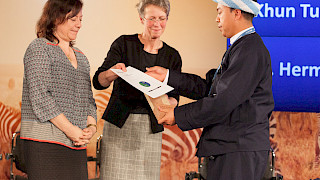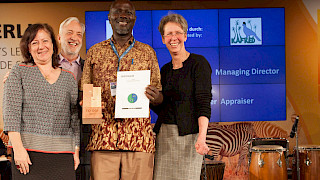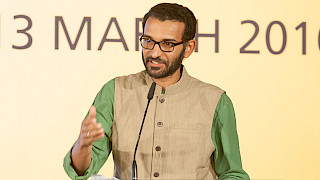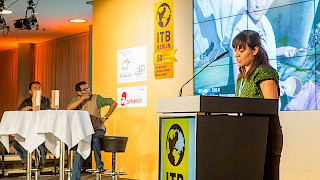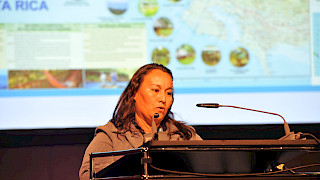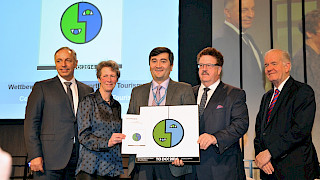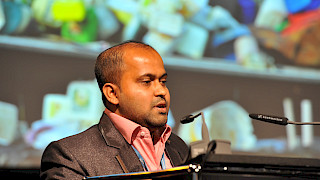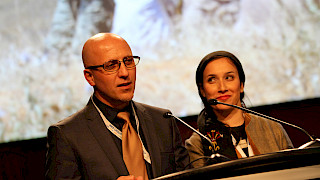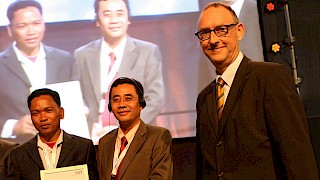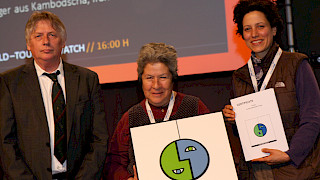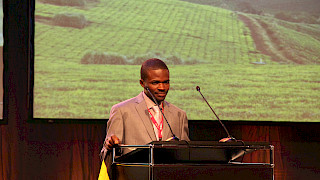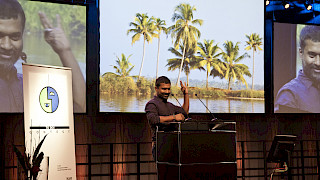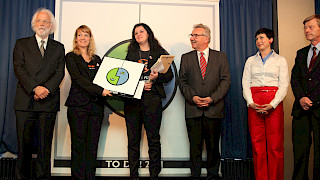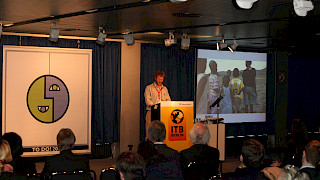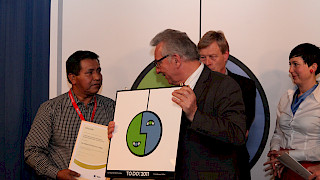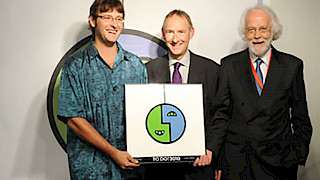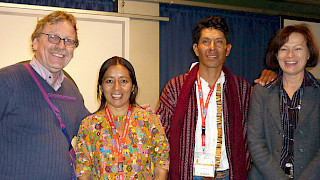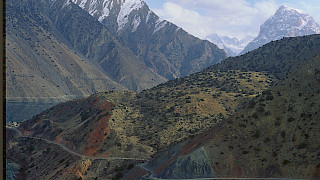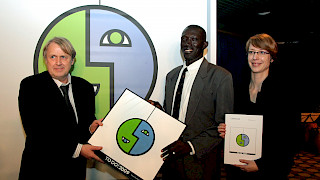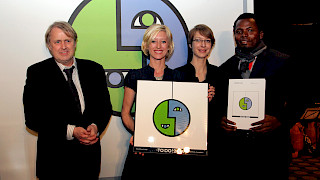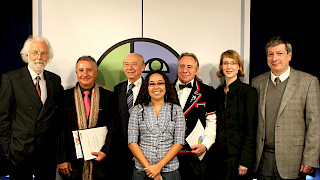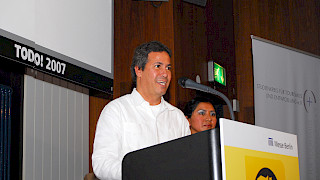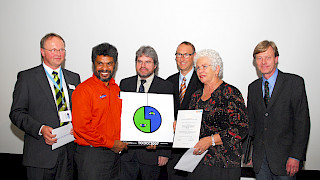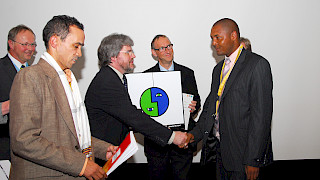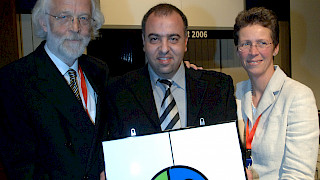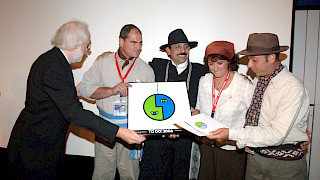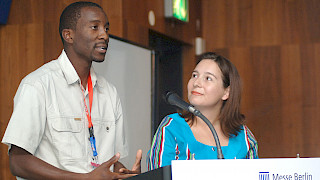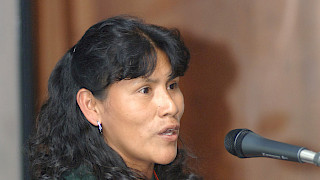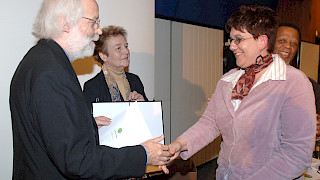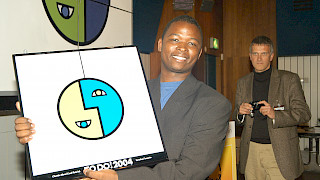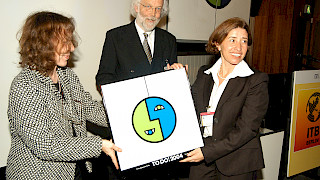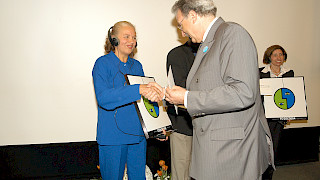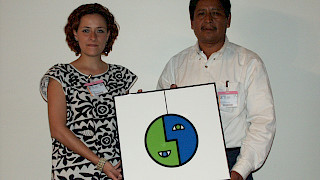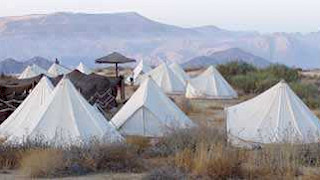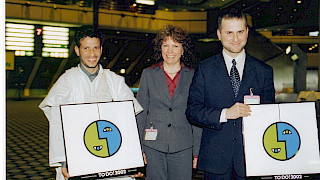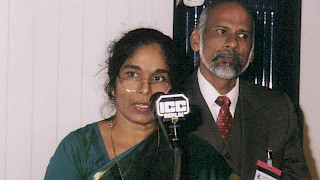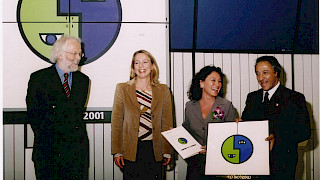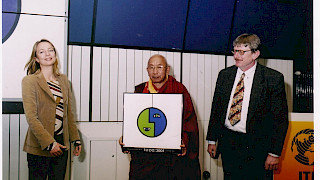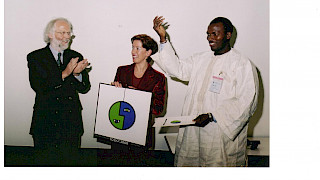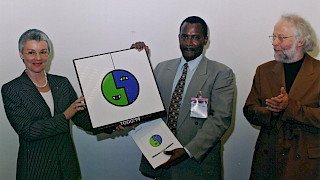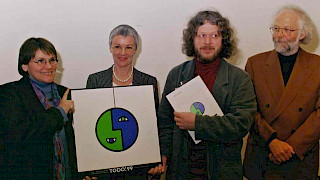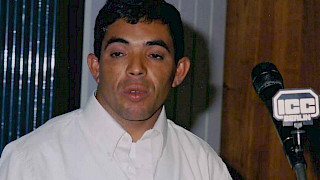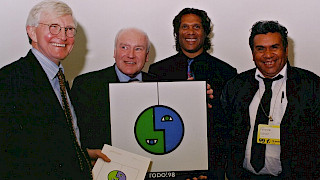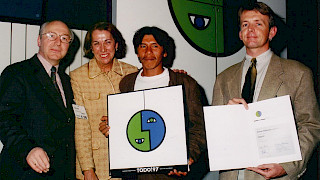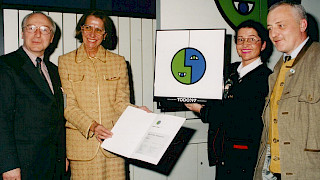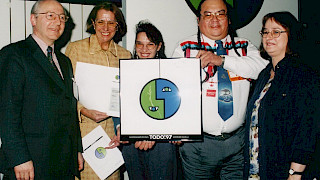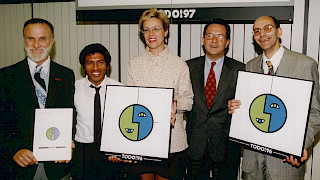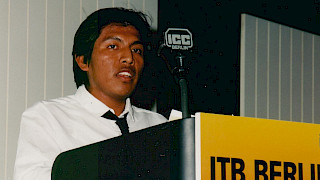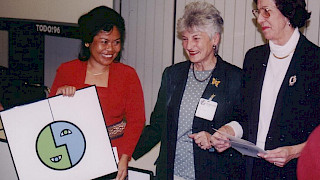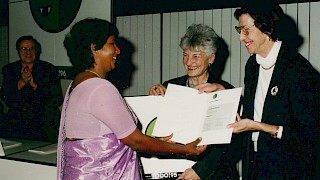TO DO Award
The Studienkreis für Tourismus und Entwicklung e.V. has announced the TO DO Award 2025:
Conditions of Participation and Registration
Tourism thrives on the interplay of many people. Local people are the ones who share their landscapes and cultures with tourists from all over the world. So it is important to have them participate in the value added in tourism and to involve them in the decision-making and management. The international tourism sector is the third largest industry in the world. Beyond its economic power, ecological, social and cultural impacts in the destinations also have far-reaching consequences. This is an opportunity and a risk at the same time. Absolute heteronomy can do damage to a country’s identity. However, with the local population participating in tourism it can be designed in a socially responsible and at the same time eco-friendly manner.
This is a precondition which the Institute for Tourism and Development had adopted at an early stage. In 1995, we launched the international contest for socially responsible tourism – the ”TO DO Award“. It awards projects that involve the local population in planning and implementation, that save resources and create sustainable local economies. This creates real perspectives, strengthens self-efficacy and cultural identity, and promotes equal opportunities and social progress, including fair working conditions, educational opportunities, and social security.
In the TO DO Award’s history of now 30 years, many promising projects have already been awarded – for example in indigenous communities in Mexico who jointly market their projects and services – from guest houses and museums to handicraft, hikes, and cooking events. Or a family-run lodge in Iran that offers excursions to a national park and contributes to environmental education. Or a project in Usbekistan where tourists stay with families and may experience Muslim traditions first-hand. The list of award winners is long and their concepts are diverse, but they have one aspect in common: The projects help local people to use tourism for their development. And tourists also benefit: They get to know countries and people the way they really are.










